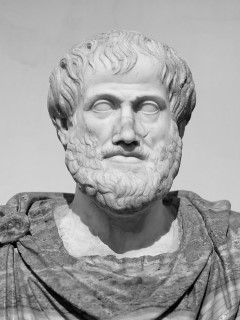

Interactions between emotion and cognition
a neurobiological perspective
pp. 125-149
in: Mauro Mancia (ed), Psychoanalysis and neuroscience, Berlin, Springer, 2006Abstract
Throughout human history, cognition and emotion have been considered two separate, usually opposing, mental processes. We already find evidence of this presumed dichotomy in the Bible, where we learn that "a tranquil mind gives life to the flesh, but passion makes the bones rot" (Proverbs 14: 30). But it was really with the ancient Greek philosophers that cognition would firmly impose its long-lasting dominance over the emotions. As Aristotle wrote in Politics [1], "It is clear that the rule of the soul over the body, and of the mind and the rational element over the passionate, is natural and expedient; whereas the equality of the two or the rule of the inferior is always hurtful." In fact, Aristotle defined emotion as "that which leads one's condition to become so transformed that his judgment is affected" [2]. That is, the very essence of emotion rested on its negative effect on reasoning. Thus, emotions were to be avoided, if one wanted to think clearly, "for desire is a wild beast, and passion perverts the minds of rulers' [1].



